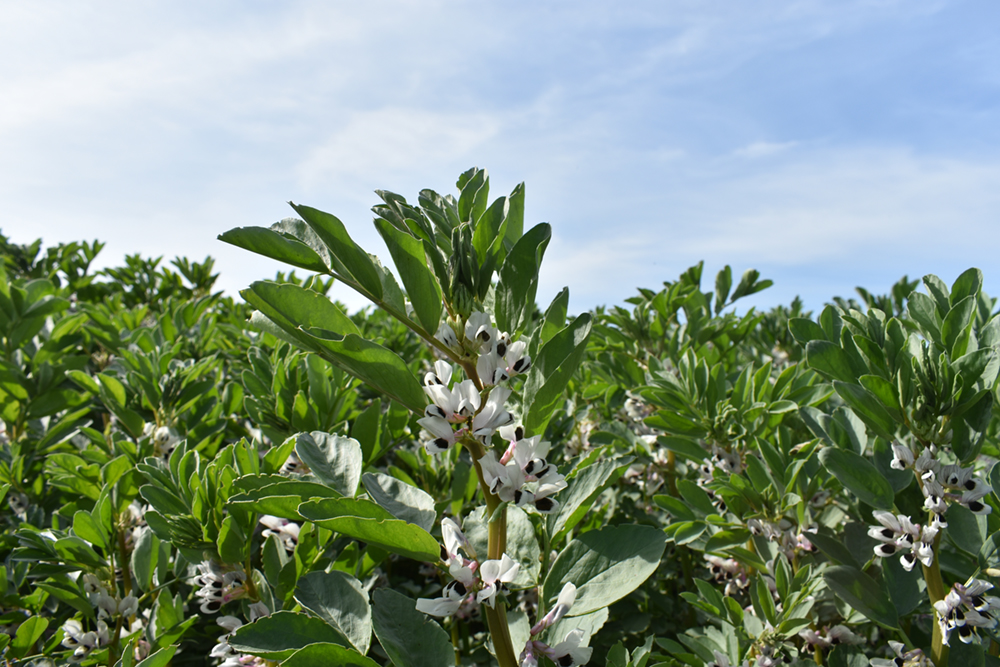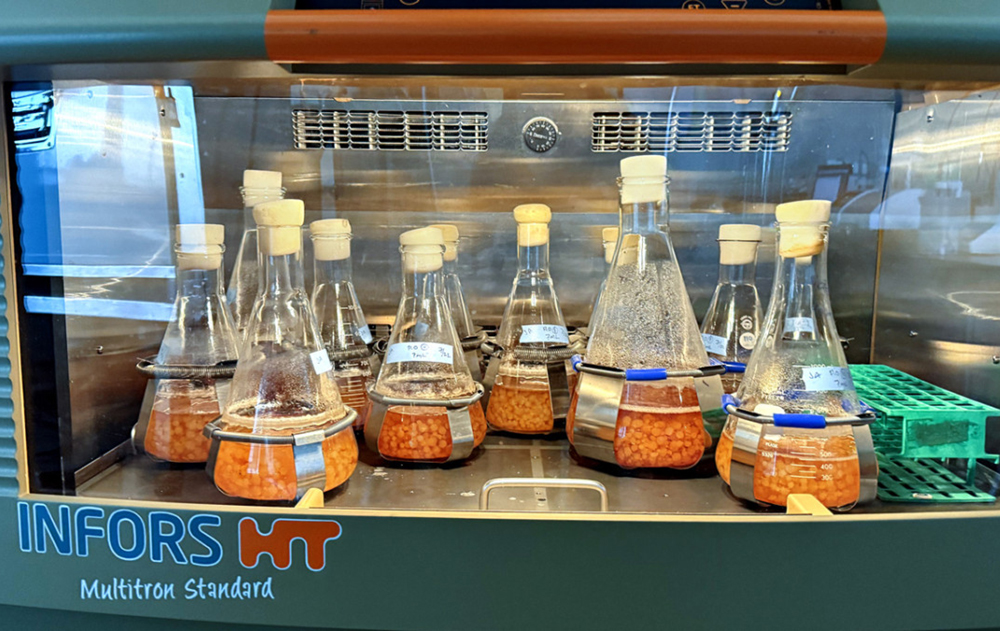

Bezos Earth Fund backs Food System Innovations and Stanford with US$2 million grant to develop open-source AI for sustainable proteins
The Bezos Earth Fund has awarded a US$2 million grant to Food System Innovations (FSI), in partnership with Stanford University, to develop an open-source AI model that helps design sustainable protein products. The funding forms part of the Earth Fund’s US$30 million AI for Climate and Nature Grand Challenge, which supports technologies that use artificial intelligence to advance biodiversity protection, climate solutions, and food system resilience.
The collaboration brings together Stanford’s computer scientists and FSI’s Nectar program, the world’s largest publicly available database on the sensory performance of plant-based and blended meats. Using Nectar’s extensive dataset, the team will build machine learning models capable of predicting taste, texture, and consumer satisfaction for new alternative proteins. The goal is to enable food developers to optimize ingredient formulations more quickly and efficiently – making sustainable foods more appealing to mainstream consumers.
“Taste is the gateway to consumer adoption,” said Caroline Cotto, Director of NECTAR and co-principal investigator of the project. “Nectar’s data helps the sustainable protein industry refine formulations and enhance flavor, making climate-friendly foods truly irresistible. Partnering with the Bezos Earth Fund allows us to translate AI innovation into real-world climate and conservation impact, one bite at a time.”
FSI’s broader mission is to accelerate food systems transformation by bridging science, markets, and policy. Its programs aim to shift consumption patterns away from emissions-intensive animal agriculture and toward sustainable protein sources that require less land, water, and energy. By combining AI with sensory science, FSI and Stanford hope to address one of the key barriers to adoption: consumer preference.
“Developing AI tools for sustainable protein design is a critical step for human and planetary health,” said Anna Thomas, a Stanford PhD candidate and the project’s technical lead. “Our early research shows that large language models can refine formulations based on sensory feedback, helping to improve taste while reducing development time. With this grant, we can deliver actionable insights that improve flavor and speed the protein transition.”
Thomas’s previous work demonstrated that integrating AI into protein development workflows can cut formulation time by nearly half and reduce environmental impact in restaurant and product testing scenarios without compromising consumer satisfaction.
The Bezos Earth Fund’s Director of AI, Dr Amen Ra Mashariki, said the project reflects the organization’s mission to deploy artificial intelligence responsibly and for environmental good. “We’re focused on making AI work for the environment – not the other way around,” he said. “These projects show how AI, when developed responsibly and guided by science, can strengthen environmental action, support communities, and ensure its overall impact on the planet is net positive.”
Food System Innovations was one of 15 awardees chosen under Phase II of the Bezos Earth Fund’s Grand Challenge, which spans five continents and includes projects using AI to reduce livestock methane emissions, monitor illegal fishing, map coral reefs, and convert food waste into microbial protein. Each selected team receives up to US$2 million to move from concept to deployment.
For the food system, FSI’s initiative represents a major step toward integrating artificial intelligence into sustainable protein innovation – a field that the Bezos Earth Fund has identified as a cornerstone of its broader US$1 billion commitment to food system transformation. Earlier this year, the fund also announced the creation of three Centers for Sustainable Protein at universities in North Carolina, London, and Singapore.
As artificial intelligence reshapes the way the world approaches sustainability, FSI and Stanford’s collaboration demonstrates how digital tools can accelerate one of the most urgent transitions of all: building a food system that is nutritious, desirable, and compatible with planetary limits.
If you have any questions or would like to get in touch with us, please email info@futureofproteinproduction.com

.png)






